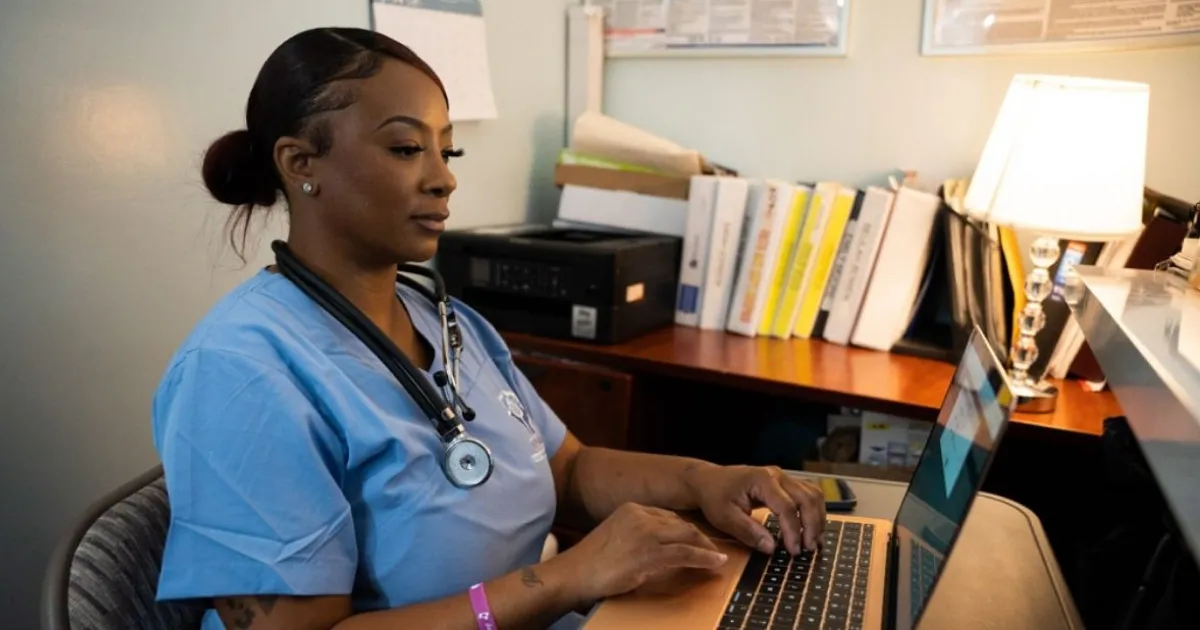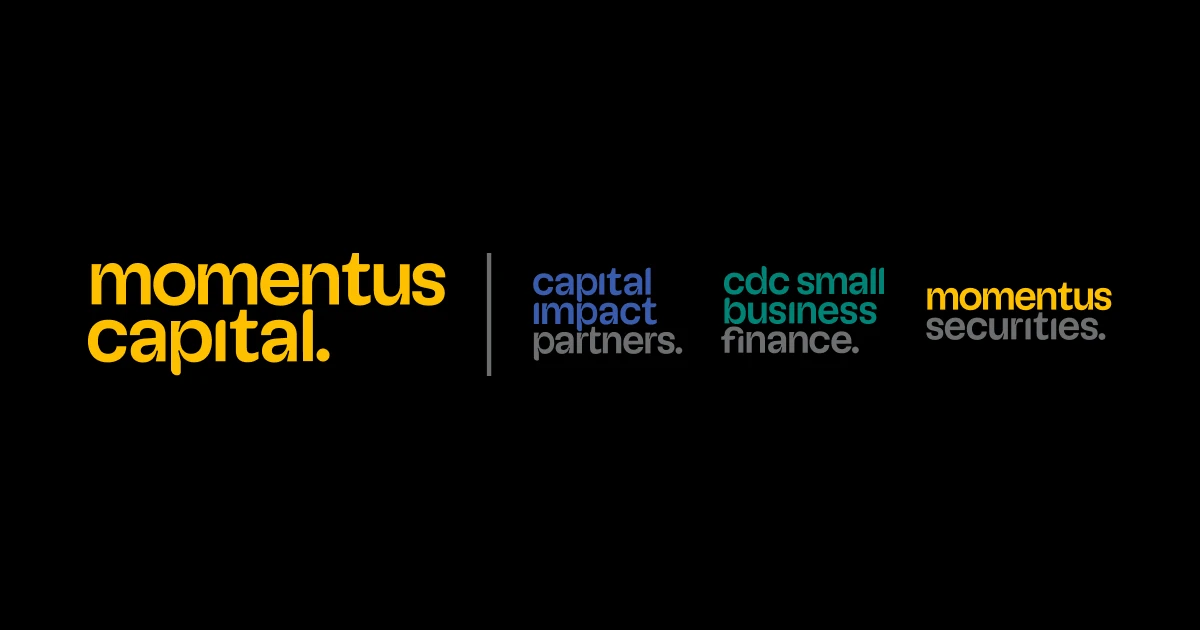Whether or not small business loans are hard to get largely depends on your specific business and financial situation, and which type of lender you end up working with.
There’s good reason entrepreneurs tend to think small business loans are hard to get. Large banks only green-light about 25 percent of their loan requests, which means a huge portion of applicants end up with no financing.
On the other hand, entrepreneurs tend to have an easier time working with community lenders such as CDC Small Business Finance since their qualifications are less strict. That’s because these smaller, non-bank lenders provide loans backed by the U.S. Small Business Administration, or SBA. This allows more flexibility to lend to a bigger pool of business owners including those with lower credit scores and startups.
While some may perceive getting a small business loan as being hard to get, there are many factors you can control to boost your chances of getting funded.
Fix Any Credit Report Issues Now
Do you know your credit score? It’s probably the most important number many lenders will focus on during the loan process. Ranging from 300 to 850, traditional banks usually want you to have a 680 or higher. At community lenders, the target minimum is 620 — sometimes less.
The higher your credit score, the better your chances will be at securing a small business loan. What’s more, higher credit scores can help you lock in better rates, which means more money in your pocket over time. Lenders deeply care about this number because it tells them how reliable you are at paying your bills on time, or at all.
Does your credit score need a boost? By correcting common issues and mistakes in your credit report, you can increase your credit score to help you qualify for a loan. You may be surprised. Oftentimes, people find errors or outdated information in their credit reports that are dragging down their score. Don’t let that be the case for you.
You can do this all by yourself without having to hire a credit-repair company. Not sure where to start? Invest just 2-15 minutes of your time to dive into our credit-repair video series.
Show Lenders You’ve Done Your Homework
Surely you can count on your friends and family to vouch for your character, right? Well, in the world of business lending, your best testimonials come from your financial records.
Are you an existing business owner trying to get a business loan? You’ll want to provide your tax records filed for the previous three years. Lenders also want to see an interim financial statement, which is essentially your balance sheet and profit & loss statement.
Documents showing your business’ performance over time and your debt schedule are also typically required. Again, these are important because it helps lenders better understand your business and how it’s doing — before giving you any financing. And the better you look on paper, the higher your chances are in getting funded.
Are you a startup business? Be prepared to provide a business plan and financial projections. Check out our blog post, 6 Business Plan Do’s & Don’ts, for a good starting point.
Ask for Help From Those Who’ve Been There, Done That
You may not be quite there when it comes to writing a business plan. Or maybe pulling up and reviewing your credit report may seem daunting. These feelings are common and completely normal.
Fortunately, there’s no shortage of experts who can guide you through the prep work that goes into making a business-loan process smoother and hurdle-free. Here’s a sample of organizations that can personally help you:
Small Business Development Centers, or SBDCs: Providers of free training and business coaching to aspiring and early-stage entrepreneurs. They help small businesses navigate topics including business licenses, permits, market research, business planning, budgeting, website development and more. Find your local SBDC here.
SCORE: The biggest network of volunteer business mentors in the U.S. They’ll pair you with a mentor in your specific field for coaching, at no cost to you. Find your local SCORE chapter here.
Women’s Business Centers: Provides free or low-cost services geared toward women entrepreneurs in any stage. Locate your local Women’s Business Center here.
Business advising: Unlike traditional banks, CDC Small Business Finance offers select potential clients free business coaching before, during and after the loan process. We offer one-on-one services including review of financials, business-plan writing and referral to services
The Difference Between SBA loans & Online-only Loans
You may be asking, “What about online-only business loans?”
If used strategically and for very specific reasons, they could be a great resource for you. But more often than not, small business owners who use these loans face financial challenges. Chief among them is the high likelihood of paying APRs, or annual interest, as high as 150%. An annual percentage rate this high can eat into your earnings and endanger the health of your business.
While SBA-backed loans do take longer to process, you can rest assured you’ll be provided a fair rate you can afford with attractive terms. In fact, as a community-based lender and consumer advocate, we will only provide loans to borrowers that are sustainable and affordable.
Learn more about the SBA 7(a) Community Advantage Loan or talk to one of our SBA loan experts in your area for details.



